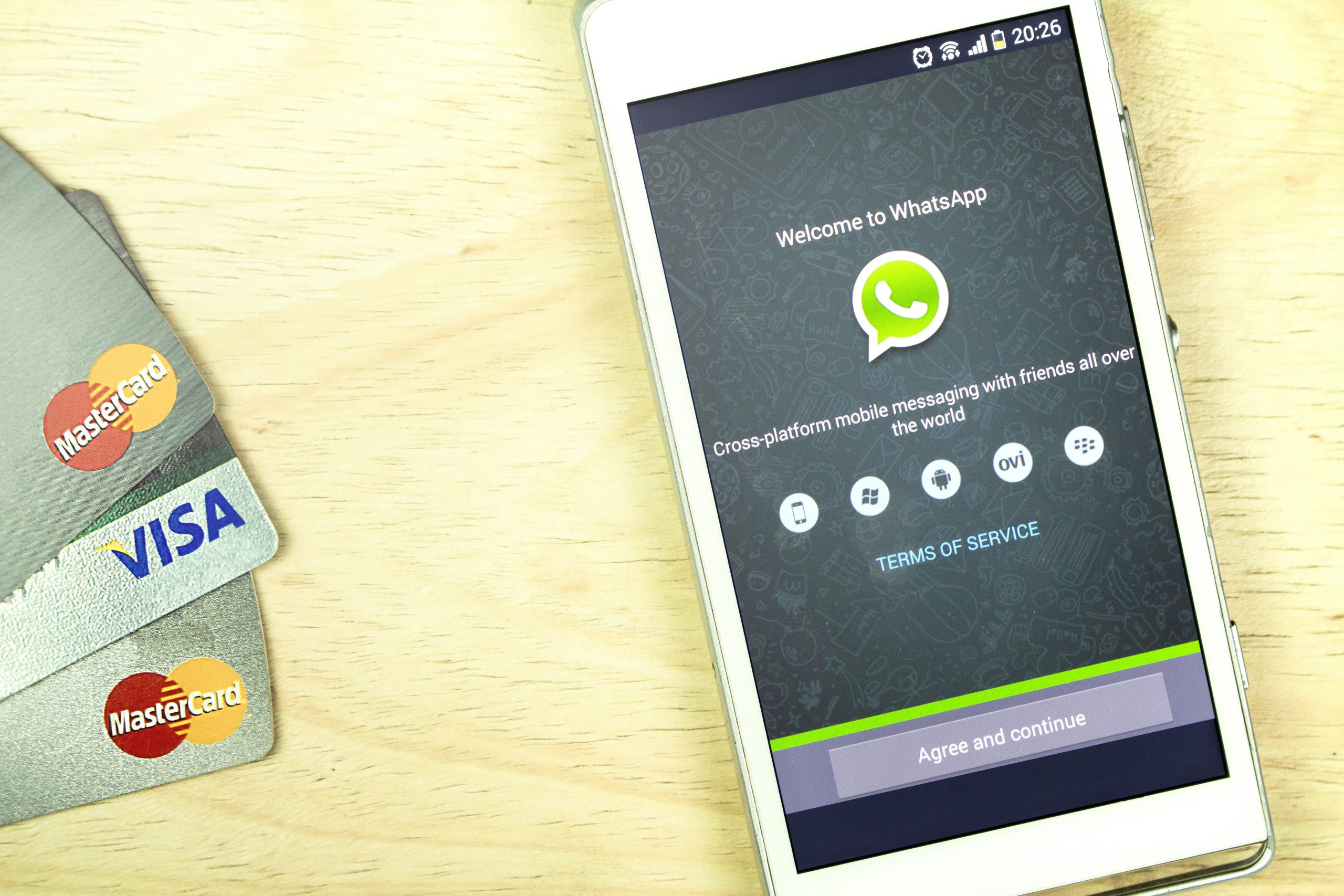Meta (formerly Facebook) has big plans for India that ride on its WhatsApp Pay’s success in the world’s second-most populous country.
On Wednesday, during the second edition of Fuel For India, a virtual annual India event, which showcases Meta’s various initiatives in the country, the company said its chat platform WhatsApp has kicked off a pilot program to enable people in 500 villages across the states of Karnataka and Maharashtra to pay through WhatsApp.
The initiative is a part of the company’s mission to onboard the next 500 million people to the digital payments ecosystem, said Abhijit Bose, head of India at WhatsApp.
Dubbed as Digital Payments Utsav, the pilot started in mid-October in a village in Mandya district of Karnataka, where an on-ground team educated people about digital payments, including setting up a UPI (Unified Payments Interface—a bank to bank payment instrument) account and paying through WhatsApp. Many shops in the village have begun to accept WhatsApp Pay through QR codes.
This comes weeks after WhatsApp Pay received a nod from the Indian regulators to expand its service in the country after striving for over a year.
Late last month, the National Payments Corporation of India (NPCI) allowed WhatsApp Pay to increase its user base to 40 million from 20 million—a limit that was set by the government-backed consortium of banks in November 2020 after the Meta-owned messaging platform stepped up its efforts to comply with India’s data-localization rule.
Before it got permission from the authorities in November last year to roll out its payment offering to 20 million users, WhatsApp Pay was operating in a beta mode since 2018, under which it was available to only a million users. With the increasing adoption of payments on WhatsApp, the company is now hopeful that NPCI will allow it to further expand the service to its half a billion users across the country.
“We thank the NPCI for the increase in our cap to 40 million. Since our initial approval from NPCI, we have been working to deliver a simple, reliable, and secure experience for WhatsApp users that we hope will accelerate the adoption of UPI for the next five hundred million Indians,” Manesh Mahatme, director-payments of WhatsApp India, said in a statement in November.
Jio connect
Working together with the local regulators to get a permit to open its payment service to all its users has become critical for WhatsApp as it looks to integrate Reliance’s e-commerce platform JioMart on its platform next year.
During the event, Isha Ambani, director at Reliance Retail and Reliance Jio Platforms, said starting next year users will be able to order and make payments for grocery and household items through WhatsApp. She added that users would also be able to set up subscriptions for items they need regularly.
In “collaboration with the WhatsApp team, we intend to build native features,” said Akash Ambani, director and head of strategy at Reliance Jio Platforms Limited. This will help users, who will be making purchases on the messaging platform, and over half a million retailers, currently present on the JioMart, who will be able to expand their customer base.
Isha and Akash, both are children of billionaire Mukesh Ambani, chairman and managing director of Reliance, the oil-to-internet conglomerate, which is credited for making the internet affordable for Indians.
Meta invested USD 5.7 billion in Jio Platforms, a digital subsidiary of Reliance, in April 2020, and agreed that WhatsApp would help JioMart’s roll out in the country.
WhatsApp also said it would continue to make “significant investments” in WhatsApp Pay, including developing many India-first features, over the next six months in order to fuel its adoption across India.
Parallelly, Meta said it is sharpening its focus on developer and creator communities in India as it believes they will play an important role in the creation and evolution of a metaverse.
According to Mark Zuckerberg, CEO of Meta Platforms, a metaverse is a successor to the mobile internet—an immersive internet—where people will meet and communicate in virtual environments.
Zuckerberg, during the event, said India would be playing a big role in building the foundation of the metaverse.
It is not one or two companies that will create a metaverse, but rather developers and content creators, particularly from India, who will be building metaverse from the bottom up, he said, adding Meta will become an enabler to this next generation of developers and creators and offer them tools that will help them unlock their potential.
Zuckerberg also said Meta would increase investments in the country’s gaming sector, which will help shape a metaverse.
